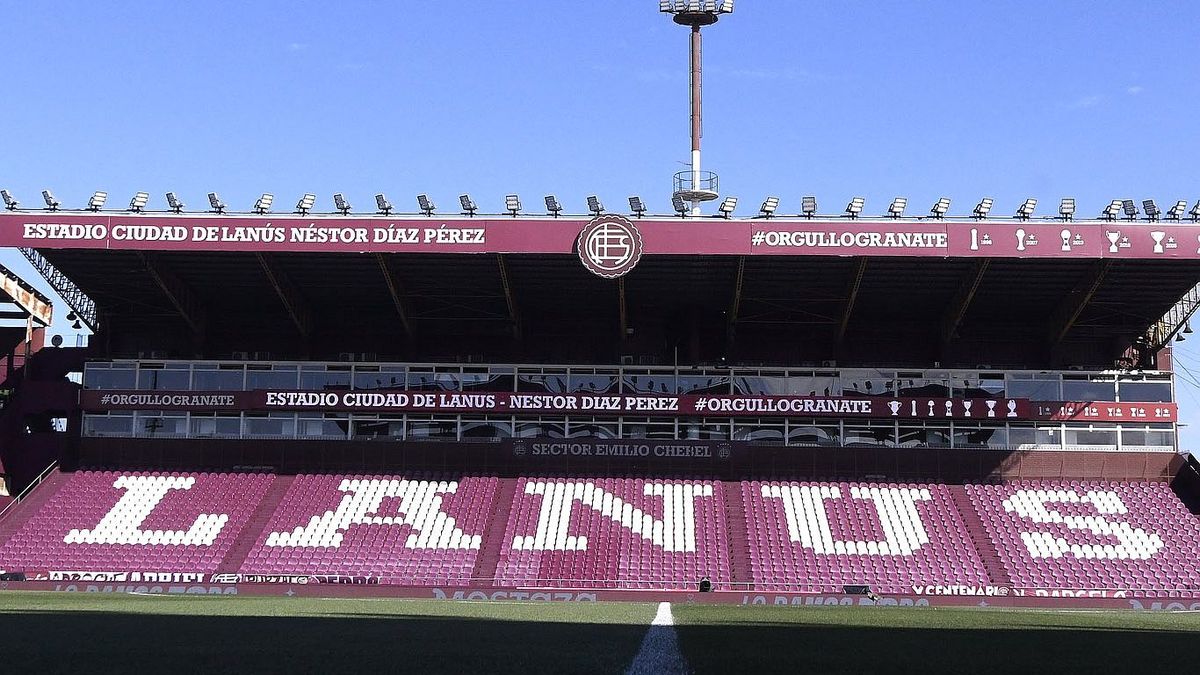The Deutschlandticket has now been available for four months, and a good ten million people recently used this ticket. According to the Association of Transport Companies, there could be significantly more.
A good ten million people used the new Germany ticket in July and August – but according to the industry association VDV, this is far from exhausting the potential of the nationwide ticket. The Association of German Transport Companies assumes that in the coming months some users of other public transport subscriptions will switch to the monthly ticket, which costs 49 euros. “But an agreement between the federal and state governments on the follow-up financing of the ticket in the coming years would be urgently required,” said association president Ingo Wortmann.
“Because as long as it is not clear that the financing and thus the continued existence of the Deutschlandticket is secured, many customers will still hesitate.” This financing is already being intensively discussed – a quick solution does not seem to be in sight at the moment.
After Federal Transport Minister Volker Wissing (FDP), the Federal Government’s rail commissioner, Michael Theurer (FDP), also called on the federal states to do more for the Germany ticket. “I have the impression that some who are now calling out for the federal government are distracting from their own homework,” Theurer told the “Badische Latest News”. Local transport is the task of the federal states. “Baden-Württemberg apparently has enough money to introduce its own youth ticket, but allegedly no money to finance the Germany ticket,” said Theurer. If everyone only takes care of their own front yard, “that doesn’t get us any further as a society”.
Dispute over the financing of the Germany ticket
The ticket for 49 euros per month has been valid since May 1st and entitles you to travel on all regional and local transport systems throughout Germany. The federal and state governments each want to bear half of the costs. From 2023 to 2025, 1.5 billion euros will come from the federal government. The countries want to raise just as much. Possible additional costs should also be shared equally in the first year. There is a struggle about the distribution of possible additional costs in the following years, the amount of which cannot yet be precisely foreseen.
Minister Wissing rejects a higher cost sharing by the federal government. Instead, he recently called on the countries several times to save on transport associations and distribution costs. He was loudly criticized from the countries for these austerity appeals.
Parallel to ticket financing, the expansion of public transport, which is essential for the traffic turnaround, is also being discussed. Above all, the Union accuses the federal government that the relatively cheap Deutschlandticket now lacks the money for the expansion and that other tickets may become more expensive.
Deutschlandticket more popular in the cities than in the country
According to a recent survey, the Deutschlandticket has lured thousands of people onto buses and trains who had not previously used local public transport. Eight percent of ticket buyers stated in the nationwide market research of the VDV that they had not previously used public transport. 42 percent of those surveyed already had a public transport subscription. 47 percent took the bus and train, but without a subscription. According to market research, around five percent of all journeys with the Deutschlandticket would have been made by car without the ticket.
However, market research also clearly shows that the ticket is more popular in cities than in the country – i.e. where the public transport offer is usually more extensive. In metropolitan and large cities, 20 to 30 percent of those surveyed have a Deutschlandticket, in small towns and rural areas, on the other hand, only 6 percent. “This shows once again that a cheap public transport ticket alone is not enough to persuade people to buy and thus switch to bus and train. This can only be achieved if the local offer is attractive enough,” said VDV President Wortman. “Therefore, after the Germany ticket, the Germany offer must now follow.”
The Pro Bahn passenger association was also concerned on Friday that the financing debate could ultimately lead to fewer public transport services – which association board member Detlef Neuß considers the wrong way to go, also in view of the climate crisis. Even larger cars and more second cars could not be the solution. “Minister Wissing’s austerity appeals to the federal states are the wrong way for us. In the end, this leads to the thinning out of the clocks or the elimination of entire lines, especially for buses in rural areas,” said Neuss of the German Press Agency.
Federal government: Questions and answers on the Germany ticket VDV balance sheet on the Germany ticket Federal Transport Minister Wissing on the financing of the Germany ticket August 31, 2023
Source: Stern




